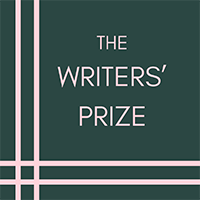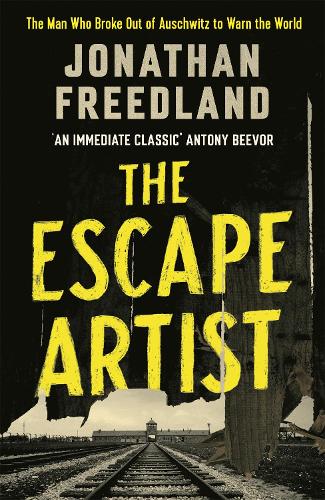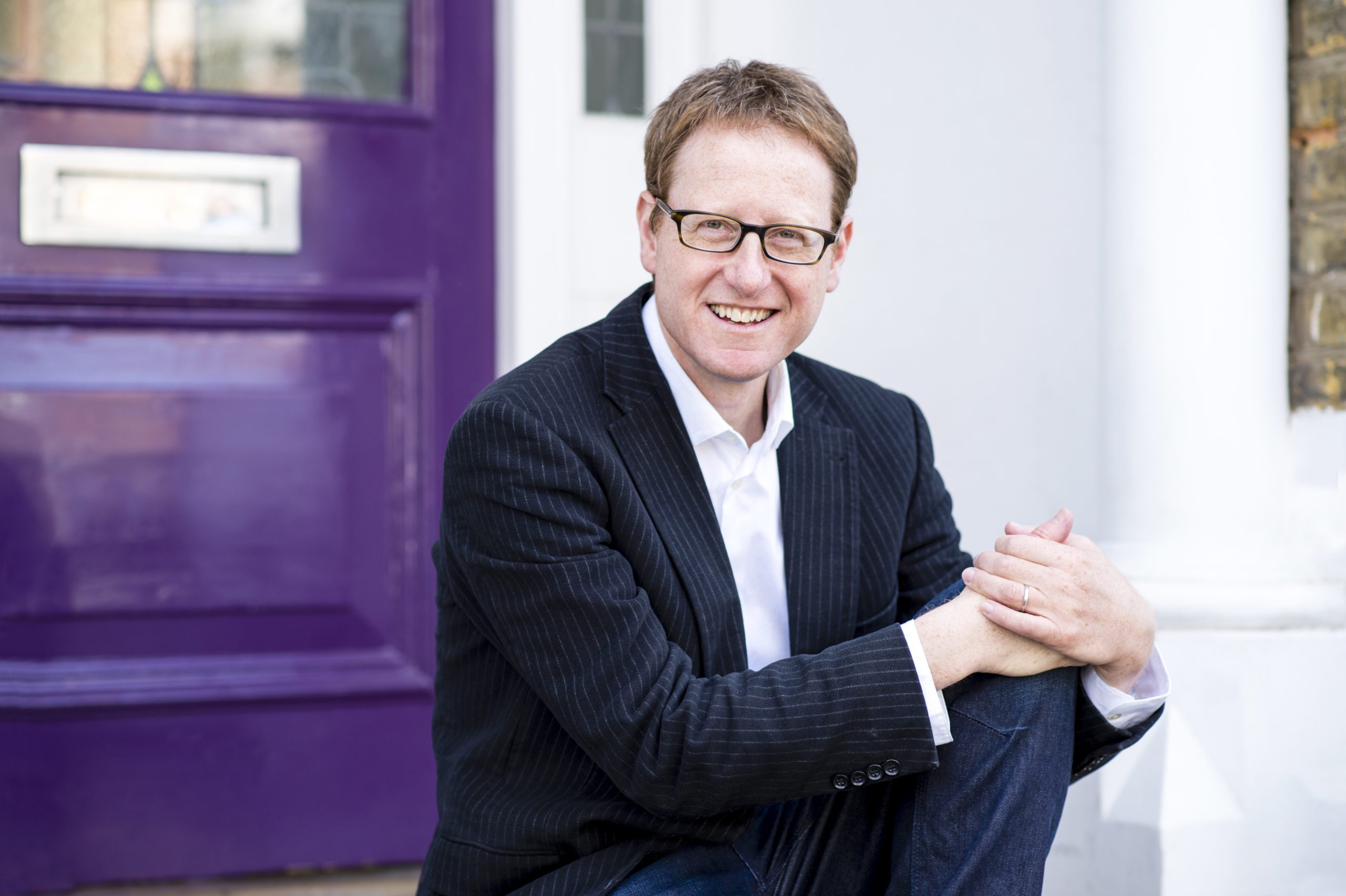The Escape Artist
Jonathan Freedland
The Judges said:
This astonishing and unputdownable book tells the amazing life story of one of the earliest messengers to tell the world the truth of the Holocaust.
—
In April 1944 nineteen-year-old Rudolf Vrba and fellow inmate Fred Wetzler became two of the first Jews ever to break out of Auschwitz. Under electrified fences and past armed watchtowers, evading thousands of SS men and slavering dogs, they trekked across marshlands, mountains and rivers to freedom. Vrba’s mission: to reveal to the world the truth of the Holocaust. His escape, and the information he carried, would eventually save over 200,000 lives.
But the escape from Auschwitz was not his last. After the war, he kept running – from his past, from his home country, from his adopted country, even from his own name. Few knew of the truly extraordinary deed he had done.
Published by John Murray
Jonathan Freedland is an award-winning Guardian columnist and former foreign correspondent. He is the author of 11 books, two of them non-fiction, including his first book, the award-winning Bring Home the Revolution. He has written nine thrillers under the name Sam Bourne, including The Righteous Men which was a #1 Sunday Times bestseller, and has sold over 2 million copies worldwide.
—
A Brief Q&A with Jonathan Freedland
At what age did you know you wanted to become a writer?
The truth is, I can’t remember a time when I didn’t imagine becoming a writer. I had a very brief period – measurable in weeks – of wondering about politics, but I kept coming back to writing. Even at primary school, writing felt somehow natural – unlike other tasks, it never felt like work.
What was your favourite childhood book?
It depends a bit which part of childhood we’re talking about, but when I was very, very young I loved a storybook called Cannonball Simp by John Burningham, about an abandoned dog who finds his way to the circus. I read it to my own children and it stuck with them too.
Which is your favourite book of recent years?
Any Human Heart by William Boyd.
What three books would you take to your Desert Island?
Can we presume we’ve already got the Bible and Shakespeare, because it would be very good at last to have time to get properly stuck into both of those? The others are tricky, because I think I’d want at least two books I hadn’t already read – and that, of course, brings risk. So I’d have to go with the personal recommendations of those I trust. War and Peace by Tolstoy, Life and Fate by Vassily Grossman. And to remind me of my own childhood and that of my sons: Cannonball Simp.
What is your ‘if you don’t like this, you can’t be my friend’ book?
I hope I’d be tolerant, but I think I’d find it hard to love someone who didn’t love The Perfect Spy by John le Carré.
Who or what have been your most important influences?
So many. For inducting me into journalism, my father. For teaching me human empathy, my mother. For the craft of the thriller, John le Carrė. For the craft of the argument, Amos Oz and George Orwell. And so many more.
Which of the other Rathbones Folio Prize shortlisted titles are you most excited to read?
One reason I’m thrilled to be on the non-fiction shortlist is that I am alongside four brilliant writers – who’ve written four books everyone should be excited to read.
If you weren’t a writer, what would you be doing?
If I hadn’t been a writer, I’d be honoured to be a teacher, perhaps of history. I think there are few more noble callings. But if I had to stop writing now and had to retrain as something else, something completely different, I’d quite like to learn to be a plumber.


